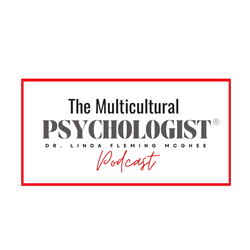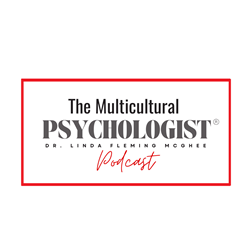From AI generating TAT stories, developmental disruptions during the COVID-19 lockdown, and one’s in
SPA E-Learning Center | 2025 SPA Convention
Abstract
The Social Cognition and Object Relations Scale Global Rating Method (SCORS-G: Stein & Slavin-Mulford, 2018; Westen, 1995) is a clinician-rated narrative-based measure with a strong theoretical foundation that assesses eight dimensions of object relations. The SCORS-G has steadily increased in popularity over recent years. This symposium will highlight how the SCORS-G is being used in research across a variety of settings and the paths we are taking to translate this knowledge into the clinical realm. There has been an explosion of research exploring ways Artificial intelligence can enhance diagnostic accuracy in medical care. More recently, psychologists and engineers are working together to identify ways AI can be used in the psychological evaluation process. As such, the first paper explores the potential of using AI-generated Thematic Apperception Test (TAT) stories to aid in analyzing SCORS-G ratings of narrative data, refining existing metrics, and creating new analytical techniques. The second paper delves into ways the COVID-19 pandemic may have negatively impacted aspects of development. That is, there has been increasing evidence (nomothetic and ideographic) that the pandemic has impacted most human psyches as it relates to sense of self, relatedness, and emotion arousal. The second paper examines how the lockdown specifically affected self and other functioning and general well-being as it relates to transitional age youth. Participants rated personal narratives using SCORS-G dimensions targeting identity and emotional investment and assessed these associations to questionnaires measuring similar concepts. Disruptions in development will be highlighted and further research avenues will be discussed. The third paper examines how patient’s object relations and defense levels as identified from TAT narratives predict contemporary models of personality as well as global psychopathology. As SCORS-G research grows, new opportunities arise. That is, most studies focus the system's reliability, training needs, and various forms of validity. As such, this final, fourth paper employs the SCORS-G to assess the validity of the Self-Other Narrative Evaluation Scales (SONES). It also uses expert-ratings of the SCORS-G, in conjunction with respondent narrative ratings and objective linguistic features (generated with the Linguistic Inquiry and Word Count [LIWC)]), to identify intersections that underlie the structure of interpersonally defining memories. Together, these papers highlight the research and clinical implications as well as the advances of the SCORS-G rating method.
Chair
Michelle Stein | Massachusetts General Hospital and Harvard Medical School
Discussant
Katie Lewis | Austen Riggs Center
Goals & Objectives
- To describe current advances in SCORS-G rating system
- To demonstrate ways the SCORS-G and AI are partnering to ease scoring.
- To explain how the SCORS-G can be applied to research and clinical settings


